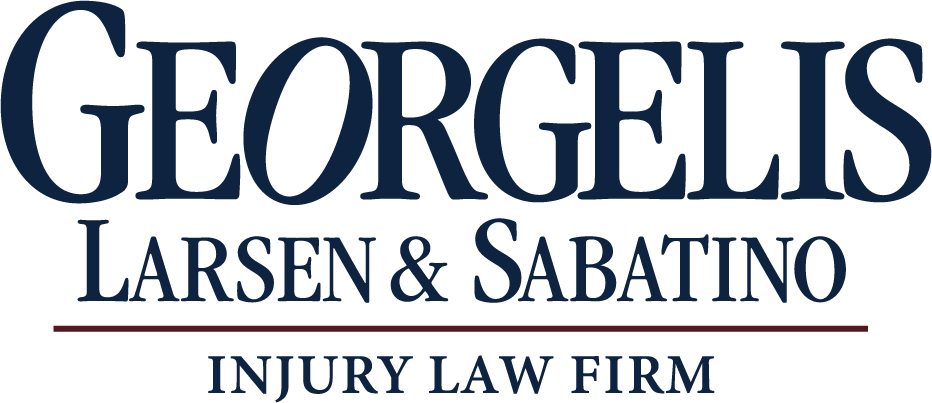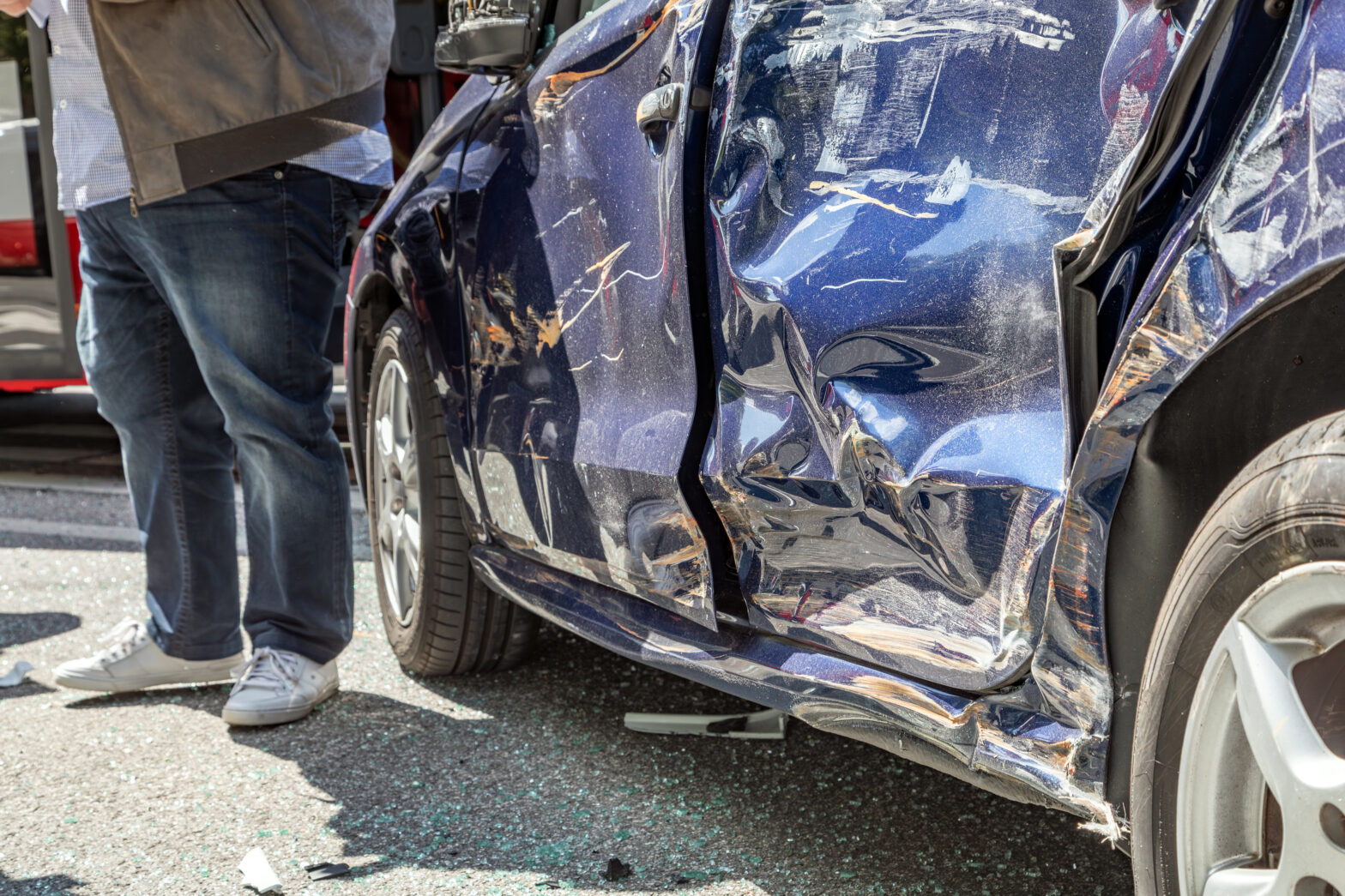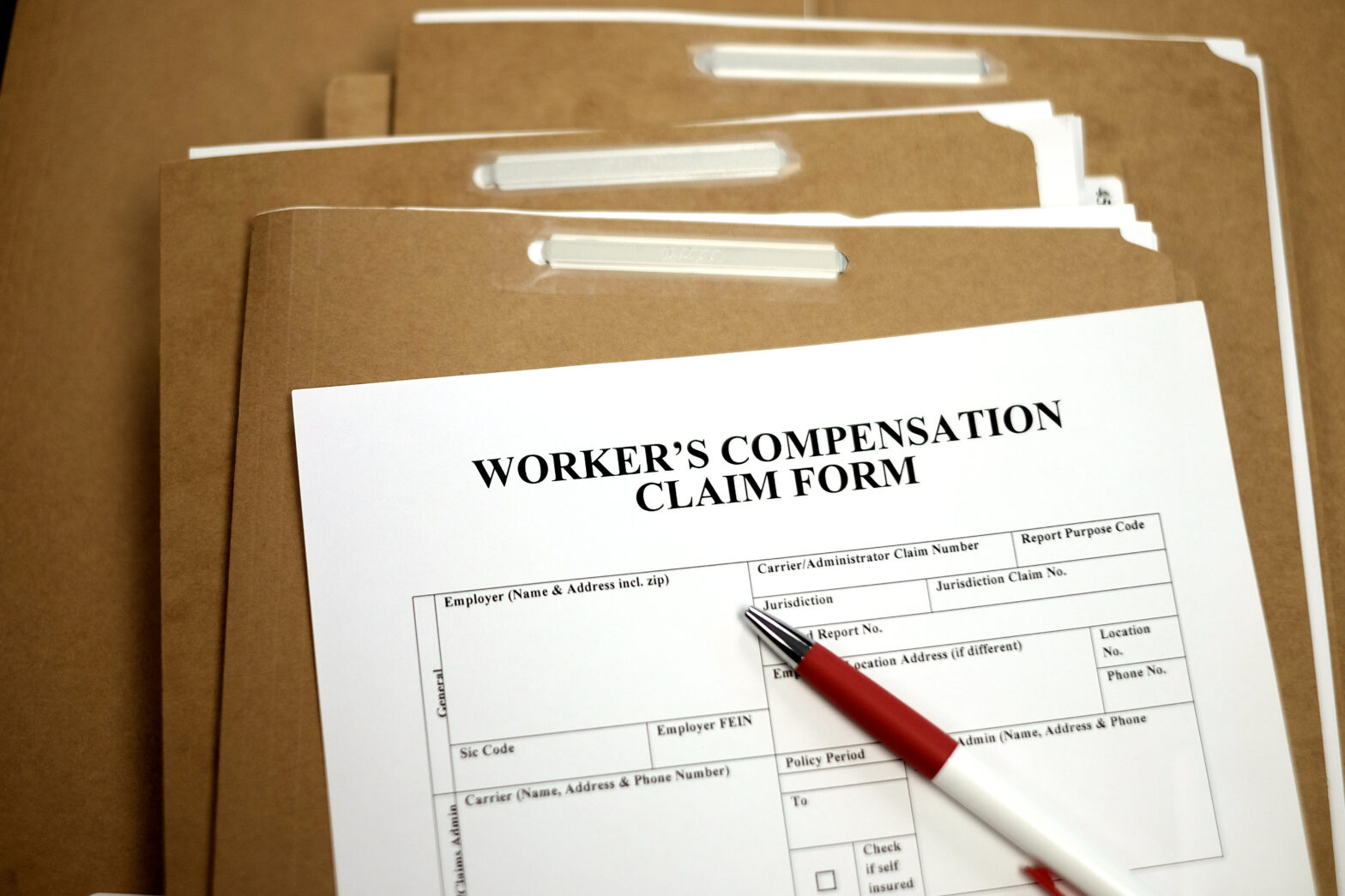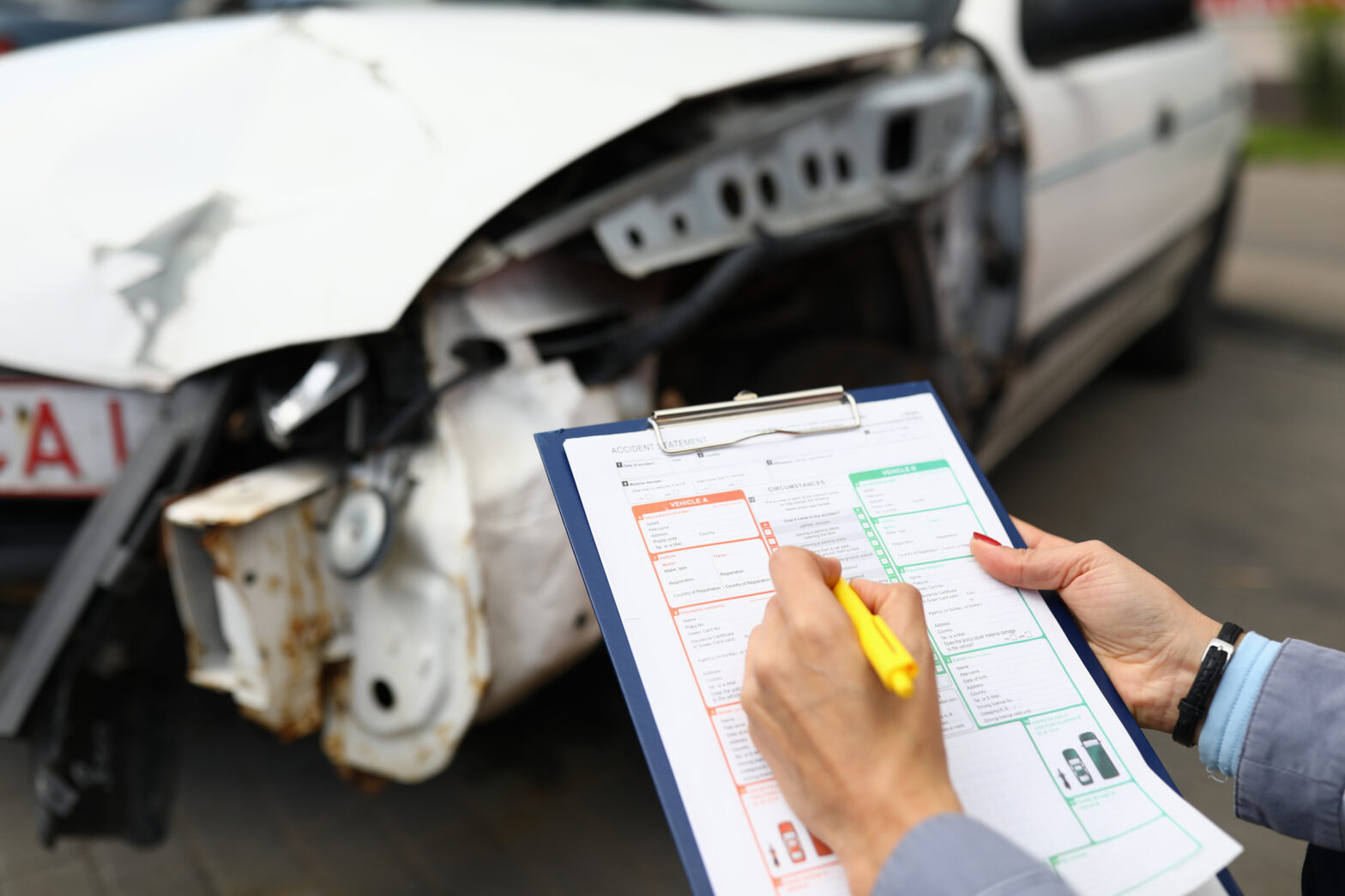Post-Traumatic Stress After an Auto Accident

There is so much to deal with after an auto accident – insurance claims, medical bills, car repairs, and doctor’s appointments. The aftermath of an auto accident can affect one’s mental health and cause emotional distress too, even post-traumatic stress disorder (PTSD).
Research shows a large number of car accident victims suffer from PTSD in the United States and worldwide. From flashbacks to nightmares—many live day-to-day trying to avoid things that remind them of the accident. Some even have a hard time ever getting behind the wheel of a car again.
What exactly is PTSD and how is it diagnosed? While worry and stress are normal after an auto accident, PTSD is more severe and requires treatment and recovery through a medical professional.
What is Post Traumatic Stress?
According to the American Psychiatric Association, PTSD is a psychiatric disorder caused by witnessing or experiencing a traumatic event such as a natural disaster, serious injury, war, or a serious accident, among other events. PTSD is most commonly recognized as a disorder that affects war and combat veterans; however, it can affect anyone.
It is estimated that 3.5% of adults in the U.S. will be diagnosed with PTSD every year, and more than 10% of adults will experience PTSD in their lifetime. People experiencing PTSD will have intense and troubling thoughts that occur long after the experienced traumatic event.
PTSD Symptoms
Sufferers of PTSD will experience symptoms in four categories: intrusion, avoidance, alterations on cognition and mood, and alterations in arousal and reactivity. PTSD symptoms are not as obvious as physical injuries and may take some time to develop. In fact, some PTSD patients do not notice a change in mood and behavior until weeks after the event.
- Intrusion: For those with PTSD, they may have intrusive thoughts that interfere with their day-to-day lives. In the case of an auto accident victim, they may have distressing dreams about the accident or vivid flashbacks. In some cases, the person may feel like they are re-living the accident or seeing it again in real-time.
- Avoidance: PTSD victims will take extreme measures to avoid reminders of a traumatic event. They may avoid people, places, activities, and even objects that may trigger memories of the event. People who have PTSD after a traffic accident may avoid driving the same route where the accident occurred, avoid conversations with passengers who were also in the car, or even stop driving altogether. They may even avoid talking to their insurance company as a way of coping.
- Alterations on cognition and mood: Forgetting important details of an accident, negative thoughts and feelings of guilt or shame, and distorted or unrealistic thoughts are examples of how PTSD can impact cognition and mood. People may experience extreme anger, horror, and other intense feelings that can be paralyzing.
- Alterations in arousal and reactivity: Behaviors such as irritable and angry outbursts, behaving recklessly, and being overly suspicious and watchful of others are warning signs of PTSD. Self-destructive behavior for a car accident victim with PTSD may include speeding or careless driving, alcohol abuse, or drug abuse.
Post-Traumatic Stress Disorder Treatment Options
The good news about PTSD is that it is treatable and can be managed with the help of a medical professional. To diagnose PTSD, a doctor will look for specific criteria including if the symptoms are present for more than a month. It’s normal to have some challenges immediately following an accident; however, PTSD lasts much longer.
Treatment options for PTSD typically are considered cognitive behavioral therapy and may include:
- Cognitive Processing Therapy: Cognitive Processing Therapy (CPT) is a 12-week program that helps patients of PTSD learn how to modify and change their unhelpful behaviors and beliefs that were a result of their trauma. The goal is to reduce the impact of PTSD on the patient’s day-to-day activities.
- Prolonged Exposure Therapy: Prolonged Exposure (PE) is an intervention strategy where the patient is gradually exposed to the memories of the trauma. This prolonged exposure helps the patient learn the memories do not have to be dangerous and do not need to be avoided. It helps the patient reduce their fears of the trauma and its outcome.
- Eye Movement Desensitization and Reprocessing: Eye Movement Desensitization and Reprocessing (EDMR) is a form of psychotherapy that helps patients heal from the emotional stress of a traumatic experience. During treatment, the patient is asked to focus briefly on the trauma while experiencing bilateral stimulation. This helps to remove the emotion associated with the trauma.
- Stress Inoculation Training: Stress Inoculation Training is a method of treatment where patients are slowly exposed and introduced to other forms of mild stress. This exposure inoculates the patient from larger forms of stress including PTSD. It prepares the body to be able to react and defend itself against PTSD-related fears and anxiety.
- Medications: Along with cognitive behavior therapy, medication can help alleviate the symptoms of PTSD. Typical medications that may be prescribed include anti-depressants, mood stabilizers, and anti-anxiety medications.
If you or a loved one feel you may have symptoms of PTSD after a car accident, reach out to your physician for help. You do not have to suffer from PTSD and can heal with treatment and medication.
Compensation for PTSD After a Car Accident
Car accidents can not only result in physical injuries and huge medical expenses but also can cause long-term emotional stress and suffering. If you have been in an auto accident and feel you are suffering from PTSD, reach out to Georgelis, Larsen & Sabatino Injury Law Firm, P.C. to discuss your options. Our experienced personal injury lawyers can help you recover lost wages, damages, out-of-pocket medical expenses and compensation for pain and suffering that resulted from the accident.
Navigating the legal system can feel overwhelming and frustrating, especially if you have PTSD. At Georgelis, Larsen & Sabatino Injury Law Firm, P.C., we have decades of experience working with clients on their auto, truck and motorcycle accident injury cases. Our team of personal injury attorneys is here to help you throughout the process and protect your rights.
We have recovered more than $60,000,000 for our clients and have won 99% of our personal injury cases. Reach out today for a free consultation at– 1-800-HURT-NOW.





